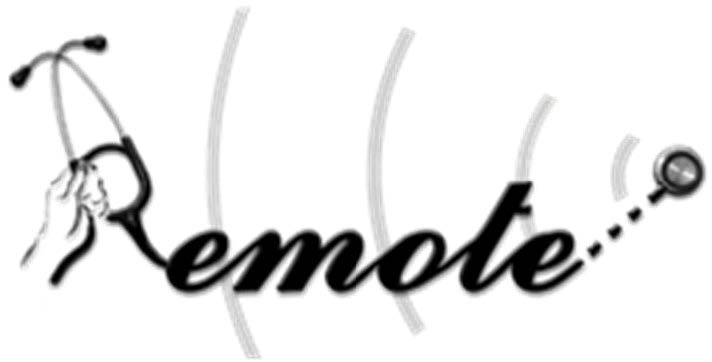Wearables and Sensors
Scale-up of existing research prototypes and development of new systems for collecting human- and context-related data will be deployed. These include wearables and sensors for detecting intra-oral miniature wetness and jaw movements, body temperature, heart rate, human posture, etc., as well as sensors and actuators to be installed in premises for providing context information, e.g., air temperature, human location and motion, etc..
Ultimately, to support professionals to identify and react collaboratively to health risks by monitoring at anytime and from anywhere real-time, activity and medical data of isolated elderly, the project introduces an innovative, ontology-driven, open reference architecture and platform that will enable interoperability, seamless connectivity and data sharing among different services.
Objectives

The project will advance the state-of-the-art in fields of tele-healthcare and ambient intelligence (AmI) and enhance the elderly’s personal environment with audio-visual, sensor / motoric monitoring, and automation abilities for tracing vital signs, activity, behaviour and health condition, and detecting risks and critical situations as well as providing, proactively and reactively, effective and efficient support at home.
Then, in order to focus on the specific risks and problems experienced by elder individuals and due to the growing gap between urban and rural areas, the project is aimed to enable professional carers to access remotely past activity and medical data of their patients at anytime and from anywhere, and to promptly diagnose and react to health and life risks.
Expected results and impact
Regarding REMOTE’s progress beyond the state-of-the-art in integration of technologies and products, the following areas are characteristic.
- Open reference architectures and ontologies;
- Intelligent agents and AmI framework;
- Wearables, sensors and health/activity monitoring
- Independent living applications;
- Social support applications;
- In-home and domotic sensors and localisation systems;
- User interfaces and adaptive systems;
- Tele-healthcare products and services;
- Information extraction and use;
- Understanding of (chronic) and age-related conditions;
- Patient modelling (the medical perspective;
- User modelling (the human-machine interaction perspective;
- Elderly-friendly user interface design & development;
- Evaluation methods and tools;
- Guidelines, standards and policy.
Partners
Partners involved in the REMOTE project
- Project name: Remote health and social care for independent living of isolated elderly with chronic conditions
- Website: www.remote-project.eu
- Coordinator: CERTH-IBBR, Greece
- Duration: 36 Months
- Starting Date: 01.06.2009
- Total budget: € 3.410.726
- Public contribution: € 2.249.194
Contact
Prof. Nicos Maglaveras
E.: nicmag@certh.gr and nicmag@med.auth.gr
T.: +302311257606


